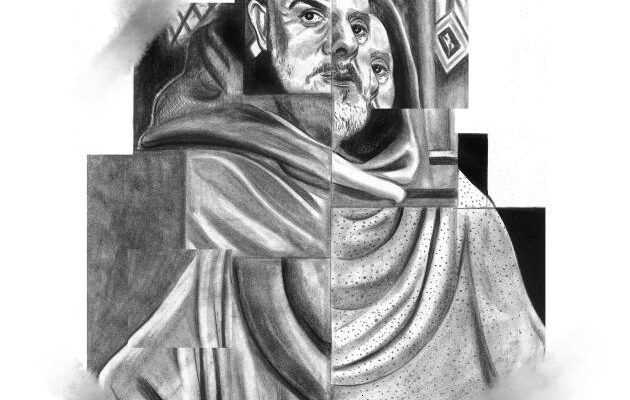Investigation“The remakemania” (3/6). Faced with the need to provide more and more “original” content to multiple existing VOD platforms and services, remakes have become “formats”, products designed from the outset to be rolled out according to country. But from format to formatting, it is not far.
Yo Soy Betty, la Fea : “I am Betty the ugly”, in French. In the early 2000s, after watching the German remake of this Colombian telenovela, the semiologist François Jost said to himself that something had changed on the small screen: with nearly 40 avatars (Ugly betty in the USA, Lisa’s Fate, German adaptation broadcast on TF1 …), the principle of adaptation had become a new economic and cultural model.
We no longer speak of a remake, but of “format”. Understand: where the first updated a work of the past, the second is designed from the start to be “internationalized”. “The formats were born with the games of the type ‘Who wants to win millions’, explains the professor of information science. Then it went to reality TV, and recently, to fiction … “ François Jost does not go by four ways: “Just as we decline a car model or a yogurt depending on the country because the tastes are not quite similar, television responds, with the format, to classic consumer marketing. “
Of course, there are precedents. In 1933, Reinhold Schünzel shot two versions of the same film, one French, Georges and Georgette, the other German, Viktor und Viktoria. This musical on cross-dressing will be adapted in 1957 by the Czech Karl Anton, then, in 1982, by the American Blake Edwards… Yesterday exceptional, these stunt remakes are now institutionalized.
“Open works”
The adaptation market – sorry, the format – has become one of the pillars of the industry. Blame it on the explosion of platforms: Netflix, Amazon Prime, Apple TV, etc. But also “historic” channels, which are creating their own VOD service to compete with them. “All these channels, you have to provide them with content, it’s mathematical, analyzes a dispenser, rubbing their hands. And then, it allows us to reach a younger target. It’s great, because it opens even more doors. “
Before François Jost, another semiologist, Umberto Eco (1932-2016), was infatuated with television. Its monumental History of ugliness (2007) does not open on Yo Soy Betty, la Fea, but on the most unsightly fabulist of Antiquity, Aesop, which was adapted by Jean de La Fontaine, then in cartoons. This is because, for Eco, the history of fiction is an eternal restart. “The remake is all about retelling a successful story. See the countless versions of the Dr Jekyll, raised the Italian. All of Shakespeare’s work is a remake of earlier stories. “
You have 68.35% of this article to read. The rest is for subscribers only.
